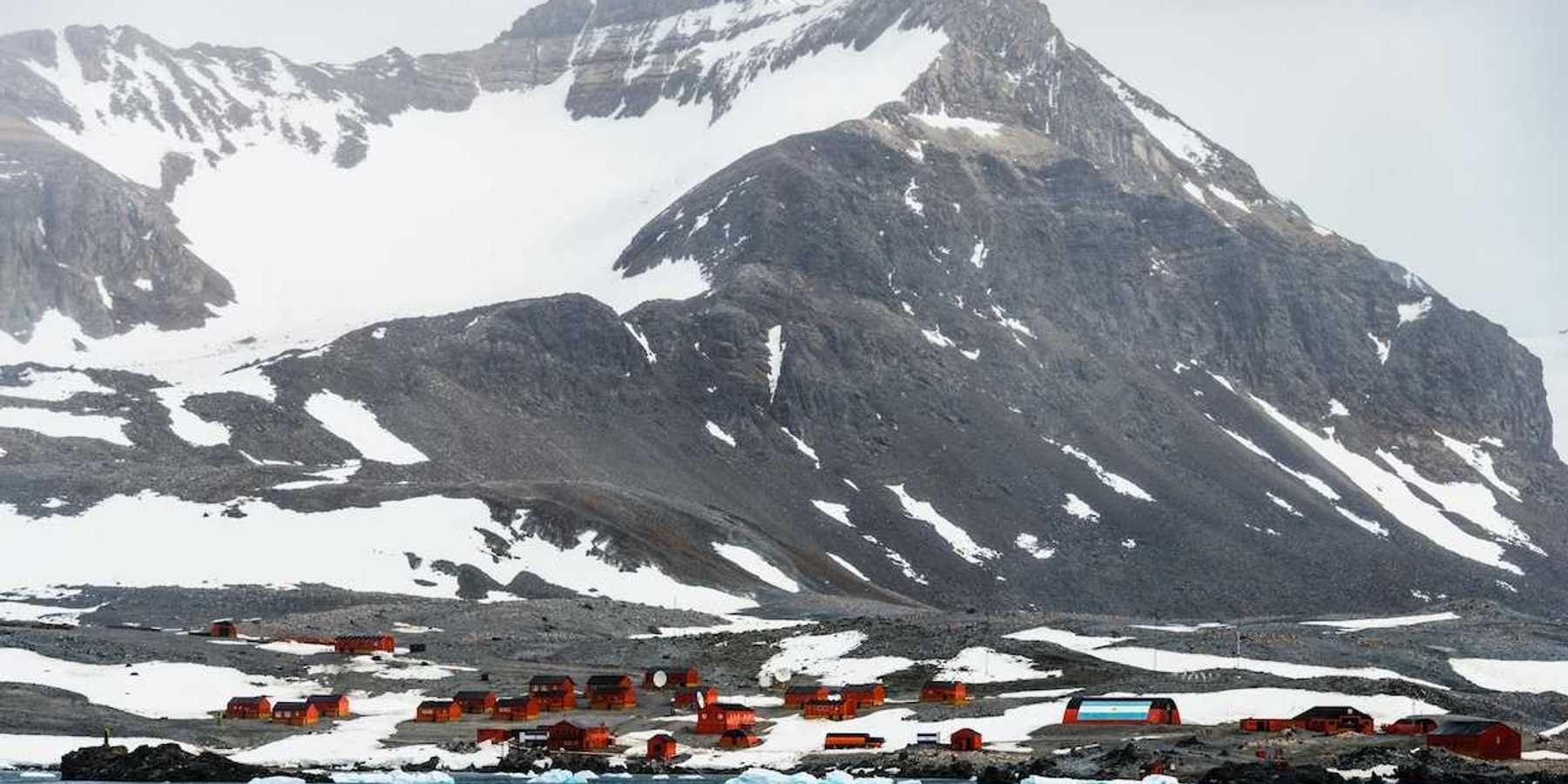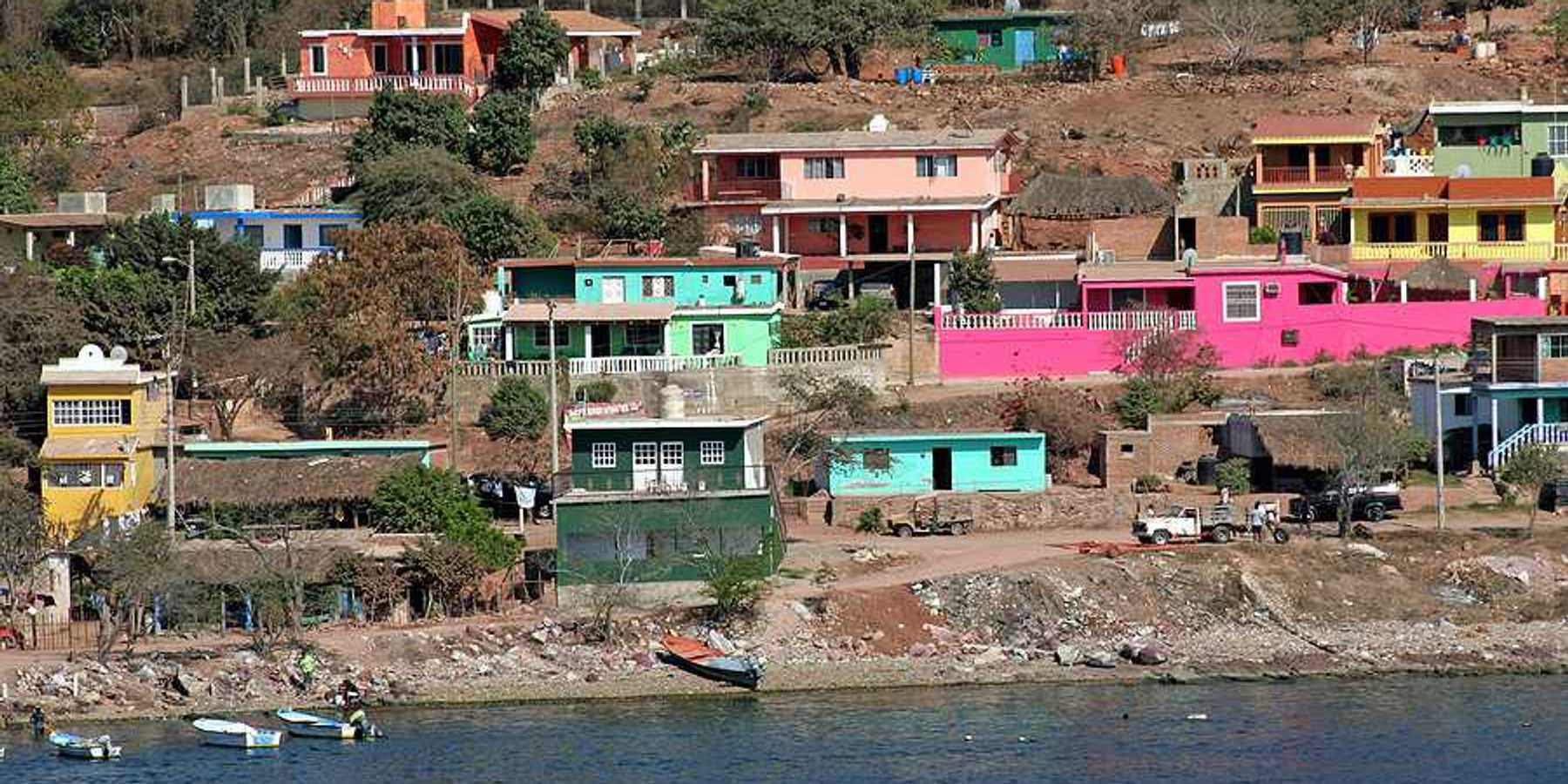12 August 2024
Pesticide dangers increase with rising temperatures
As climate change leads to higher temperatures, pesticides evaporate faster, increasing the risk of toxic exposure for farmworkers and nearby communities.
Siri Chilukuri reports for Mother Jones.
In short:
- Extreme heat causes pesticides to evaporate more quickly, leading to increased airborne pesticide drift, which can affect communities miles away.
- The EPA plans to include pesticide drift in its guidelines for approving new products, aiming to mitigate health risks from drift-related exposure.
- Farmworkers, often immigrants, face heightened risks as they may avoid reporting exposure due to job and immigration status vulnerabilities.
Key quote:
"Now that it’s getting hotter, there’s maybe more potential for things to change, or be less predictable."
— Emily Marquez, senior scientist at the Pesticide Action Network
Why this matters:
Climate change exacerbates pesticide drift, posing a serious health threat to farmworkers and nearby communities. Understanding and regulating pesticide behavior in high heat is crucial to protect those most vulnerable to exposure.
Related EHN coverage:













